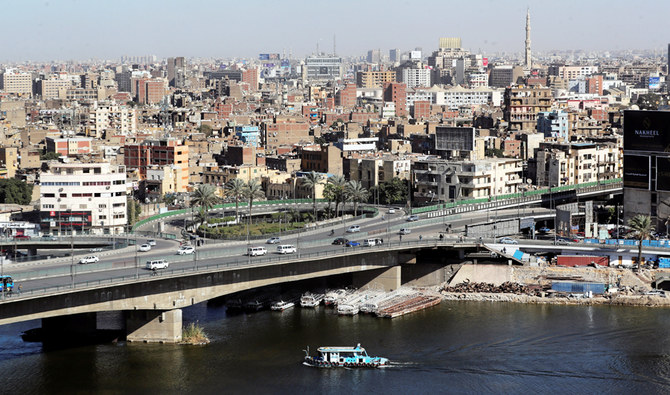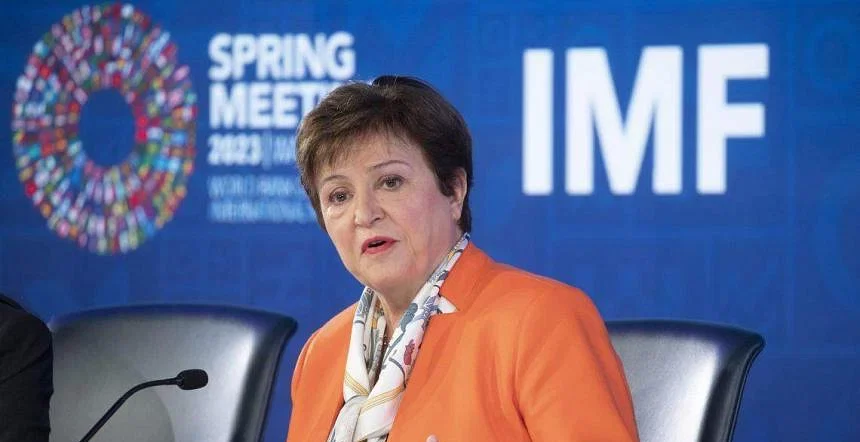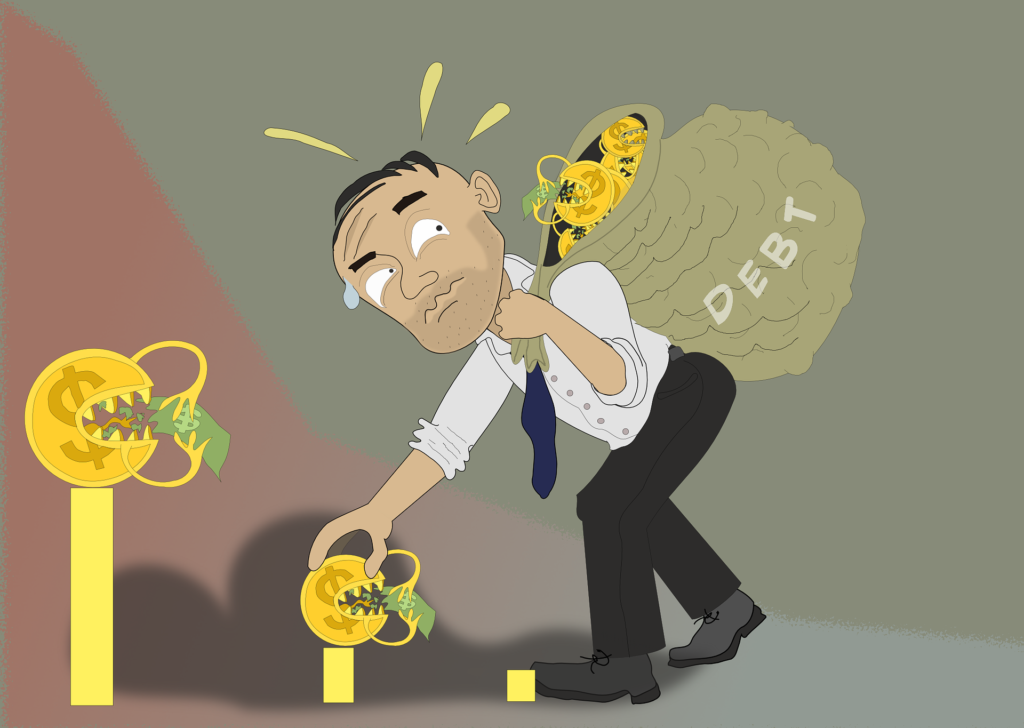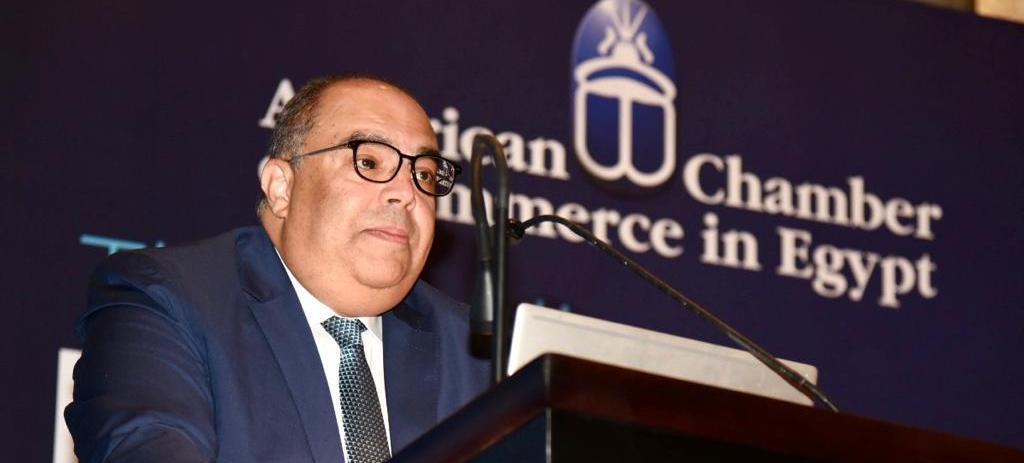In just two weeks, Egypt saw the second downgrade of its credit rating amid a troubled economy grappled with soaring inflation and a severely weakened currency.
Credit rating downgrade
On Friday, one of the major global credit rating agencies, Fitch Ratings, revised Egypt’s Long-Term Foreign-Currency Issuer Default Rating (IDR) to ‘B’ from ‘B+’, switching its outlook to Negative. This is the first downgrade Fitch applies in almost a decade.
Prior to that, Standard & Poor’s (S&P) revised Egypt’s credit outlook from stable to negative in April and affirmed the country’s ‘B/B’ long and short-term foreign and local currency sovereign credit ratings.
“In Fitch’s view, external financing risk has increased given high external financing requirements, constrained external financing conditions, and the sensitivity of Egypt’s broader financing plan to investor sentiment. All this comes against a background of high uncertainty on the exchange-rate trajectory, and reduced external liquidity buffers,” the ratings agency explained in its report on Egypt.
It also said that a further delayed transition into a flexible exchange rate is expected to further lower confidence in the Egyptian economy, and, potentially, delay the ongoing $3 billion loan program with the International Monetary Fund (IMF).
Since the onset of the Russian-Ukrainian conflict, Egypt has been suffering soaring inflation, and a notable shortage in hard currencies; especially the US dollar. Egyptian authorities dealt with these challenges from its side by hiking the key interest rates by a total of 10%, or 1000 basis points (bps), and devaluating the Egyptian pound against the US dollar three times, through which the local currency has lost over 75% of its value against the greenback since March 2022.

“Largely expected by Fitch, as it follows the moves by the other two (Moody’s and S&P). Delays in the IMF review and the privatization program are the main reasons behind this, in our view,” Director of the Research Department at Naeem Brokerage, Allen Sandeep, told Business Monthly.
In February, Moody’s downgraded Egypt’s long-term foreign- and local-currency issuer ratings, from B2 to B3, changing the outlook from negative to stable. The action was the first Moody’s has taken since May 2022.
Sandeep noted the downgrades have already translated to higher risk premiums; evident in the spread of Certificate of Deposits (CDs) and Eurobonds. “Any fresh external borrowing would come at a higher cost,” he said.
According to IMF estimates, Egypt is suffering a $17 billion financing gap through FY2025/2026. The Arab country is seeking to bridge this gap mainly through borrowing from international and regional financial institutions as well as the sales of state-owned assets, chiefly to Gulf investors.
Impact on IPO program
Additionally, Sandeep explained that the credit rating downgrade can also affect Egypt’s progress in the planned initial public offerings (IPO) and the privatization program, a key commitment in its loan deal with the IMF.
“The main priority for the country now would be to re-start its asset sale (including IPOs) program. For this to kick-start, participation by the GCC bloc (KSA, UAE, and Qatar) would be crucial,” he said, adding that other portfolio investors would follow suit, upon a few big-ticket transactions being executed.
“Once this happens, the IMF review would be instant, investor sentiments would start to normalize, and the regime would have the liberty to move forward with some more flexibility in the exchange rate,” Sandeep said. Once this materializes, he asserted, credit ratings would automatically shift for good.
Egypt is currently engaged in an Extended Fund Facility (EFF) program with the IMF, which sets the stage for Egypt to secure $3 billion over eight tranches through FY2025/2026. Every tranche will be disbursed once the IMF’s Executive Board approves the related review results.
The first review of the loan was planned to be conducted on May 15, 2023. Yet, the review was pushed to June, as Egypt has not fulfilled its commitments under this review; mainly regarding the IPO program and progress in applying flexible regimes for exchange and interest rates.
“Egypt has been staring at economic stresses for some time now because of different factors including depleting forex reserves, rising inflation, currency depreciation, and rising interest rates. As a result, the macro-economic stability has deteriorated, warranting rate-cut by Fitch [and others],” Ullas Rao, assistant professor of Finance at Heriot-Watt University Dubai told Business Monthly.

For the consequences of the IPO program, Rao believes the downgrades do make IPOs relatively riskier, but unlikely to be impacted significantly. This is because foreign and domestic investors will be more selective based on the companies’ fundamentals evident in earnings and the quality of the balance sheets.
“The privatization program should gain traction as disinvestment will release private capital into the economy, easing monetary and fiscal pressure points,” Rao said, highlighting that Egypt should ramp up the privatization program to be on top of the government’s agenda.
Rising borrowing costs
The immediate outcome of the three downgrades will be felt in the form of higher default, Rao noted, which will be factored into interest rates, making borrowing even more expensive.
“An imminent impact will be felt in rising borrowing costs, deterring domestic and foreign capital to make new capital expenditures,” Rao said, stressing that domestic consumption is also like to bear the brunt of this action, as real incomes are impacted.
Also, these downgrades will adversely affect stock markets, which interestingly, makes potential stocks cheaper. he noted.
“Despite that, Egypt will continue to attract investment from major foreign investors including Saudi Arabia and UAE,” Rao concluded.







